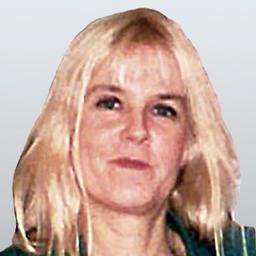The city of Chicago was at the epicenter of the U.S. COVID-19 pandemic response for two reasons: its pandemic restrictions were among the strictest in the nation and the first national case of COVID-19 spread, from a woman returning from Wuhan, China, occurred there in January 2020.
By March of 2020, Illinois governor J. B. Pritzker had enacted an order to close all schools and colleges, sit-in bars and restaurants, and prohibit large gatherings. As public places cleared in Chicago—office buildings closed, sports and entertainment venues emptied, and tourists evaporated—Mayor Lori Lightfoot also closed all parks, beaches, and lakefront trails just as spring was approaching. Lake Michigan functions like Manhattan’s Central Park—a natural resource the whole city shares—and closure of the lakefront was a blow to the city’s morale.





